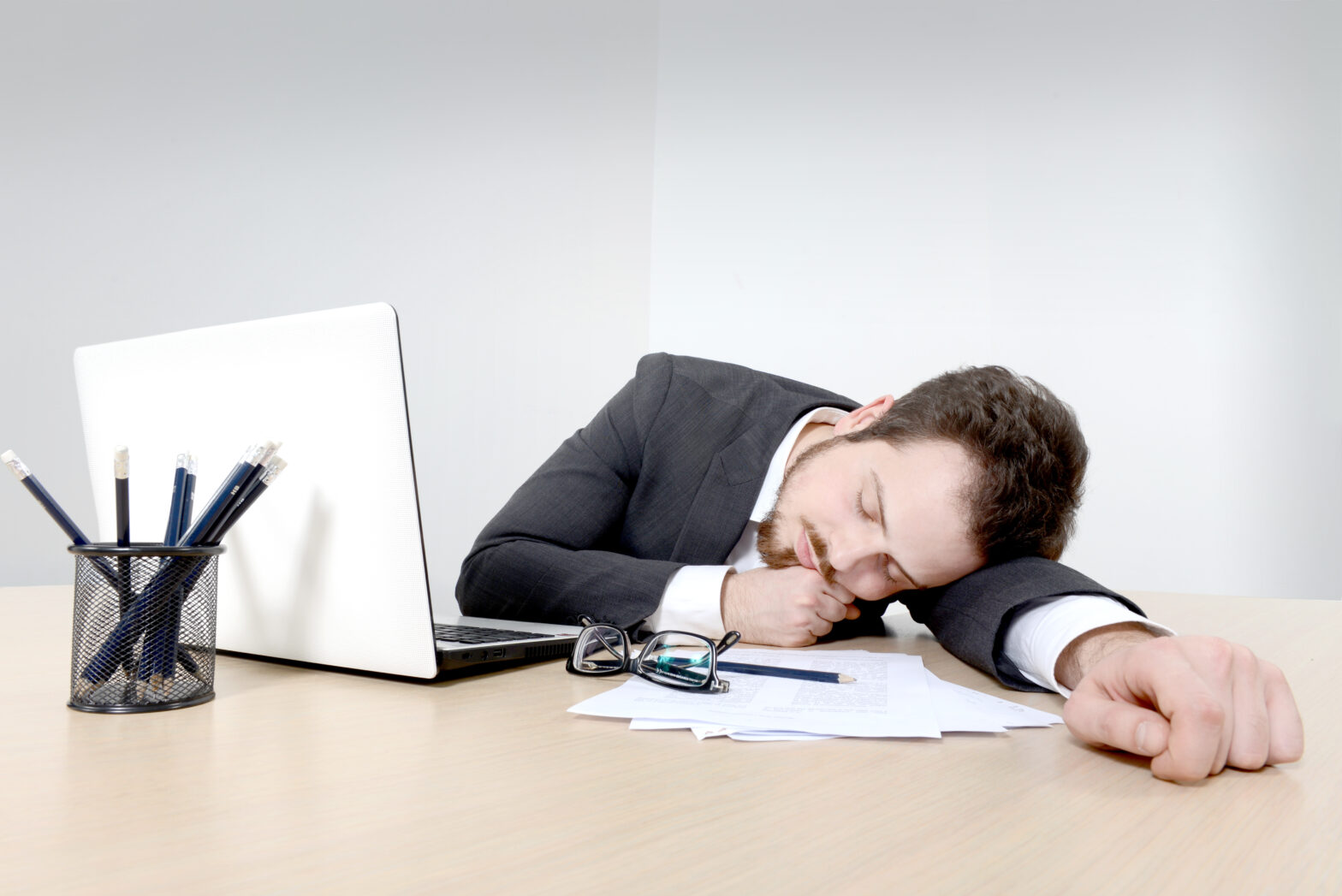Have you noticed that when you feel good about yourself, you work better? When you’re mentally well, you’re better at making the most of life. That doesn’t mean you’ll never experience any type of emotional problems, but it can mean that you’re able to deal with difficult or stressful situations more easily.
The third annual AXA PPP Health Tech & You State of the Nation online survey reveals that, when employees have problems with their sleep or insomnia, almost half (45 per cent) say that this adversely affects their work and career; 8 per cent say this has a severe negative impact.
Out of the 2,000 Brits surveyed, one in ten (10 per cent) say they always have problems with sleep or experience insomnia and 54 per cent often or sometimes have trouble sleeping.
Sleep is essential to good mental wellness. A good night’s sleep can make you feel refreshed, positive and able to cope with things better. If you don’t get enough sleep, you can feel moody and irritable – and over time this is likely to affect your relationships with people, your work and your mental wellbeing.
Stay active during the day
Getting regular exercise during the day will help you to feel tired at night. Being active increases your metabolism and helps against stress and anxiety, which in turn will improve your sleep.
Try to exercise earlier in the day and avoid late night workouts, as you need time to wind down and relax afterwards.
Watch what you eat and drink
Don’t have a heavy or spicy meal just before going to bed, as your body needs time to digest the food before going to bed. But don’t go to bed hungry: a light snack before bedtime is ideal. Try not to have coffee, black tea or any other drinks that contain caffeine after dinner, as it will make it harder for you to get to bed.
A glass of wine may help you to fall asleep, but alcohol can affect the quality of your sleep, making you more likely to wake up during the night.
Make your bedroom more sleep-friendly
Create a calm sleeping environment by turning your bedroom in to a dark, quiet, cool and comfortable haven – you may want to try black-out curtains, eye shades or ear plugs. Remove any distractions that may keep you awake, and keep your bedroom free from computers, TVs and phones.
Develop a bedtime ritual
Try to develop a relaxing night-time routine that prepares your body and mind for sleep. It could be taking a hot bath, reading a book, listening to calming music or having a milky drink – but try to stay away from bright lights and heated arguments just before bedtime.
Don’t toss and turn – get out of bed instead
If you can’t fall asleep after half an hour, get up and do something else instead – try something relaxing like reading or listening to music. Only go back to bed when you feel tired.
Try stopping weekend lie-ins
Keeping a regular schedule can help you get into a good sleeping routine. Try to go to sleep and get up at the same time every day, even if you’re not feeling tired. Resist having naps during the day and don’t sleep in at the weekend.
Keep a sleep diary
It can be difficult to work out why you have problems sleeping. Keeping a sleep diary can help you track when you fall asleep and wake up, how many times you wake up during the night and how rested you feel in the morning. After a week, reflect on your notes and try to work out what helps you sleep and what makes it worse. Download our sleep diary on our Mind building toolkit.





